
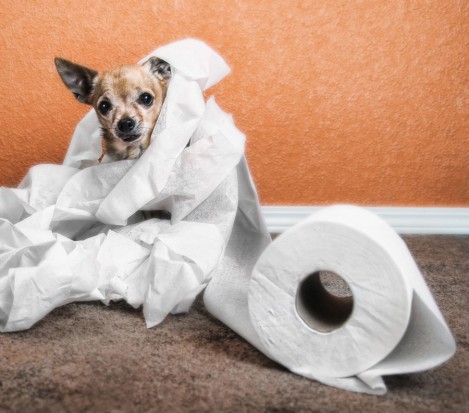
There are occasions when both dogs and puppies may get a bout of diarrhoea. For puppies especially in very young animals, this can present a problem and should the condition be prolonged, possibly lead to veterinary hospitalisation and treatment.
Most times when the vet is presented with a dog that has persistent diarrhoea, they have to make some clinical decisions and assessments about the case.
To best treat diarrhoea it is important to know the cause in the first place and whether it is part of another underlying disease. Because of this diarrhoea is classified as a primary intestinal disease or secondary diarrhoea (which means the dog has diarrhoea as a result of another more prevalent disease). These are points that the veterinary team need to establish and as such will take a full history from the owner to aid diagnosis.
It is important to find out whether the diarrhoea originates from the small or large bowel, and there are several indicators that can be used to determine this:
There are many causes of diarrhoea in dogs and some do resolve with a short treatment of a kaolin based medication, from the vets. Some causes of diarrhoea however need further treatment, they include:
Sometimes owners may be told their dog has colitis, which is a common cause of diarrhoea (but not in cats). This is the inflammation of the colon (the large intestine) and can be a serious condition, which requires veterinary treatment. It is not always known what causes colitis in dogs but several factors could be:
The vet also might diagnose a condition called inflammatory bowel disease (IBD). This is a condition that causes diarrhoea, resulting in malabsorption (difficulty in absorbing) nutrients in the intestines. The signs of IBD in dogs include visible weight loss, persistent diarrhoea and at times always being hungry.
Dogs sometimes have more prevalent diseases and the diarrhoea is of a secondary importance. The diseases that can also cause diarrhoea include:
Maldigestion (the total lack of digestive enzymes) caused by pancreatic disease is another factor to why a dog could have secondary diarrhoea. This is relatively common in dogs and the condition is known as exocrine pancreatic insufficiency (EPI).
A veterinary surgeon may decide to diagnose prolonged diarrhoea by calling on the services of a laboratory specialising in animal samples. The vet may ask the owner to collect a faecal sample for analysis. Although this is not a nice job for the owner, it is an important step in diagnosing and treating the animal.
The vet might ask the laboratory to use the faecal sample to test for:
The vet also may want to use an endoscope (a small camera that can be passed into the animal) and take a biopsy of tissue.
The general treatment for diarrhoea may be carried out in the home, by the owner. In some cases, especially with very young puppies or dogs that have severe diarrhoea, the dog may be hospitalised in the veterinary centre for full nursing care. If infection is suspected and the owner feels unable to cope, or they have a young family hospitalisation will normally take place. The treatment the dog or puppy may undergo includes:
Treatment for inflammatory bowel disease (IBD) and colitis is slightly different from the above. Because of the very nature of these diseases treatment should include:
If you are at all worried about your dog or puppy having diarrhoea and they seem very unwell and lethargic, you should contact your vet as a matter of urgency.
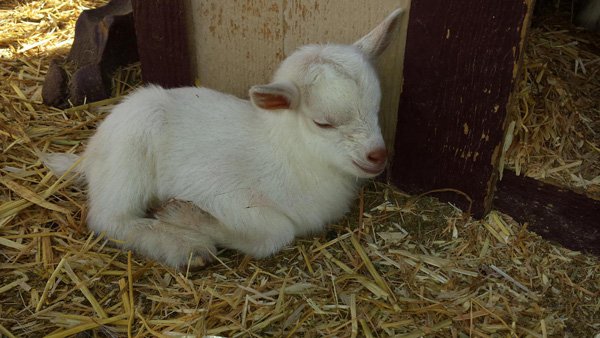 Different Ways To Find A Shih Tzu Puppy For Sale
Different Ways To Find A Shih Tzu Puppy For Sale
Different Ways To Find A Shih Tzu Puppy For Sale
Different Ways To Find A Shih Tzu Puppy For Sale
 What to Know Before Boarding Your Pet
What to Know Before Boarding Your Pet
Its that
What to Know Before Boarding Your Pet
What to Know Before Boarding Your Pet
Its that
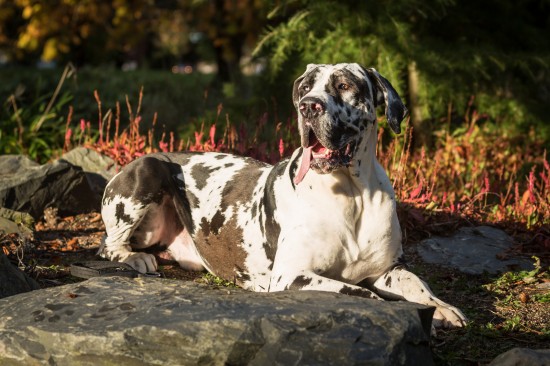 How To Decide If A Great Dane Is The Right Dog For You, And How To Pick The Right One
How To Decide If
How To Decide If A Great Dane Is The Right Dog For You, And How To Pick The Right One
How To Decide If
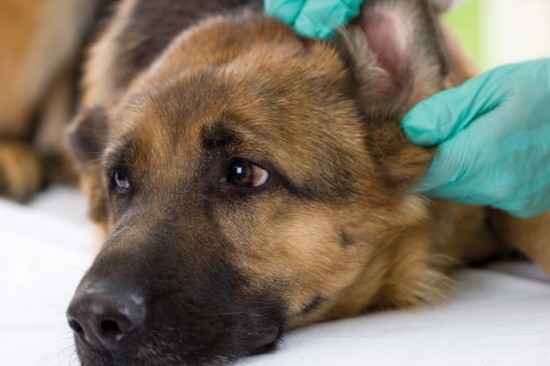 Dealing With Canker Of The Ears In Dogs
Dealing With Cank
Dealing With Canker Of The Ears In Dogs
Dealing With Cank
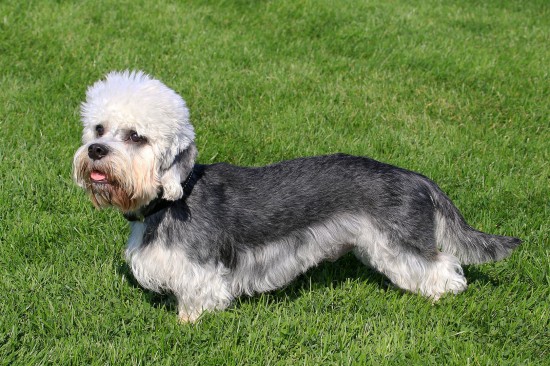 Dandie Dinmont Terrier Hereditary Health And Genetic Diversity
Dandie Dinmont Te
Dandie Dinmont Terrier Hereditary Health And Genetic Diversity
Dandie Dinmont Te
Copyright © 2005-2016 Pet Information All Rights Reserved
Contact us: www162date@outlook.com